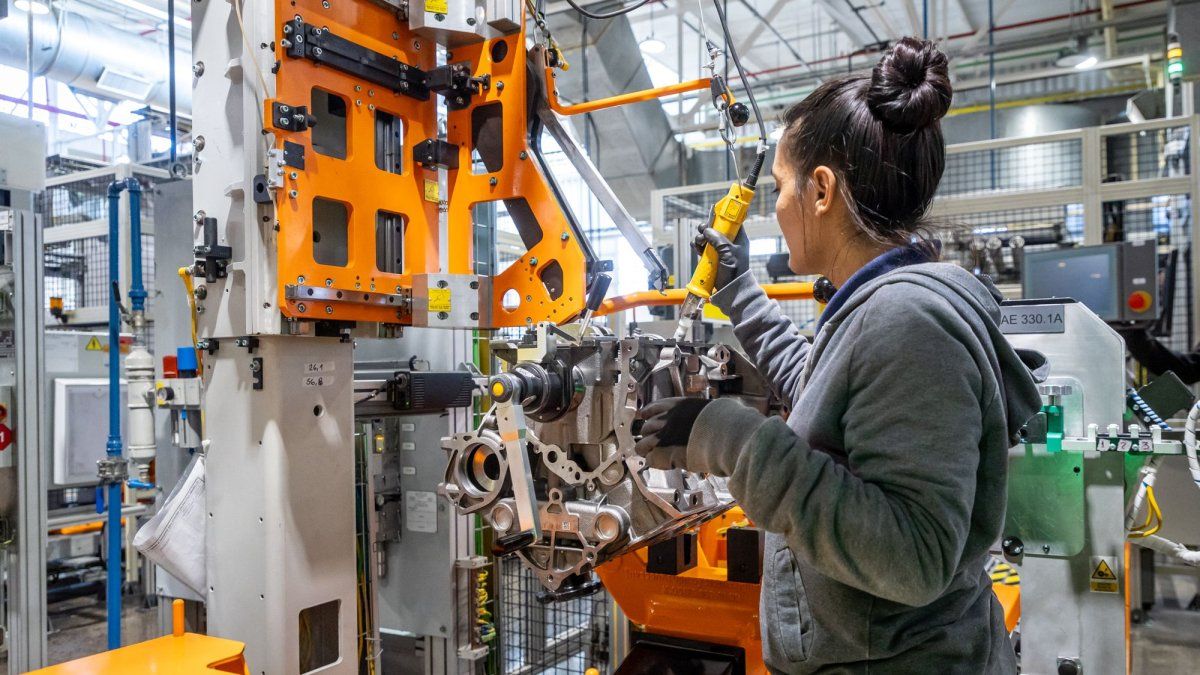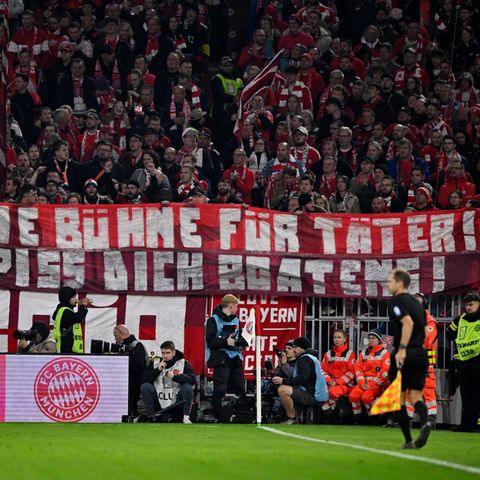Argentina and Mexico signed the renewal of the agreement for the commercial exchange of the automotive sector. Technically it is called the Economic Complementation Agreement No. 55 of MERCOSUR.
In practice, what sets is the flow of vehicles between the two countries that, by this agreement, They are exempted from tariff payment for a certain amount. That is, cars produced in Argentina or Mexico can be imported freely to that quota, which is set in dollars.
The established amount is US $ 773 million based on the FOB value. This value is the total for imports that make the two countries with each other. The term of validity is from March 19, 2025 to March 18, 2026. Then, what was done was to extend the current conditions for one year.
The interesting thing about this agreement that has already governed for several years is that it works as a free trade, within that amount of operations.
Cars can be imported without any restriction and exempt from the 35% tariff that would run as the standard of the MERCOSUR Pata extrazone vehicles. Thus, Mexico is considered one more member of the regional agreement.
Despite this possibility, the established quota is never exhausted. In 2024 only US $ 2550 million of the US $ 773 million were used.
That Argentina does not export to Mexico is understandable for different reasons. Some models that produce, such as the Nissan Frontier or the Volkswagen Taos, are already manufactured in that country. In fact, in the short term they will begin to import from that market for the end of local production.
In addition, Mexico is a great vehicle producer. In 2024 he was very close to four million. This makes it very competitive for the production scale and also because it has a lower fiscal pressure than Argentina. It is not easy to enter that market with the high Argentine costs.
The striking thing is that, also because of those advantages that it has, it does not export in greater volume to Argentina. Many consumers ask that there be free trade and tax elimination, in general, but in this particular case, which offers these conditions, no large -scale import.
Brands like Volkswagen, Ford or Nissan They import models of that country to sell in the Argentine market. The Ford Maverick or Bronco, the Volkswagen Vento or the Nissan Versa or Sentra are some examples.
An explanation that a manager of an automaker rehearsed on this subject, is that in Mexico the quota is distributed by a series of variables that are based, as the production volume of each automaker. The one that produces the most quota. This means that an automaker who, for example, concentrates 30% of the production is entitled to 30% of the quota. The problem is that, then, it has no offer of models that can be consumed by the Argentine market.
Although cars are imported from Mexico, there is not enough demand in the Argentine market to import more. Maybe at lower prices, there would be more demand, but not at the price that are sold. It would be good to know if those cars could be sold to less value, although with less profitability. The consultation was made to a company and the response was negative: “It cannot be sold at a lower price.” We will have to believe them.
It can also be an issue to keep in mind that the Argentine market is not attractive enough for the Mexican industry, which always had its eyes on selling to the United States, and do not have a clear policy of exporting to this region. It is possible that with the obstacles and tariffs that the president is putting, Donald Trump, Change their minds and seek to place their cars in other markets, such as the Argentine. That will be seen over time.
For now, forward, the import of Taos and Frontier will use a part of that quota, but will not significantly modify the final number.
Source: Ambito
I’m a recent graduate of the University of Missouri with a degree in journalism. I started working as a news reporter for 24 Hours World about two years ago, and I’ve been writing articles ever since. My main focus is automotive news, but I’ve also written about politics, lifestyle, and entertainment.




